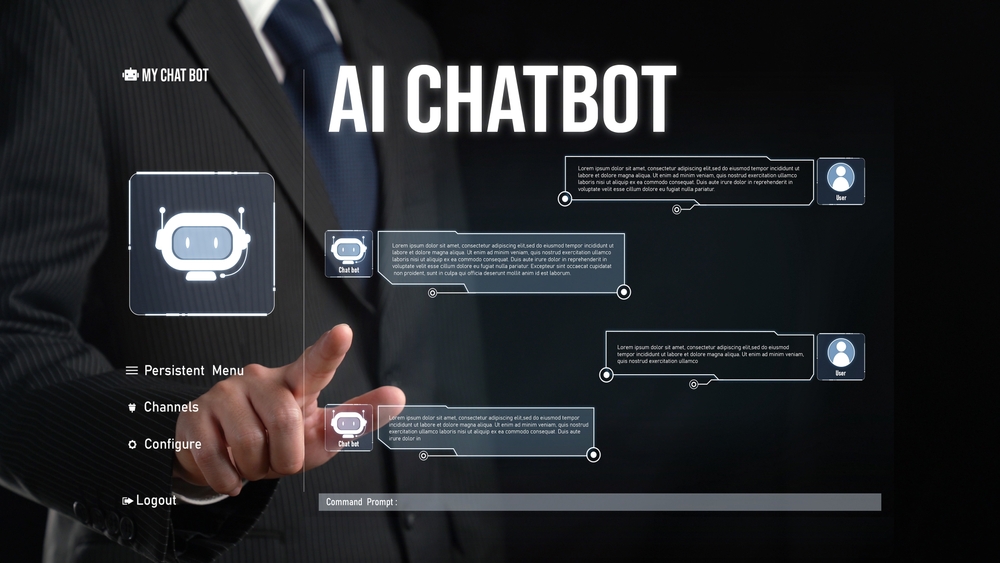Highlights:
- Llama, a collection of large language models that Meta began creating early last year, powers the chatbot.
- Meta AI uses technologies from Microsoft Corp. and Google LLC to retrieve current event information.
Meta Platforms Inc. is planning to incorporate custom search engine into its Meta AI chatbot.
According to sources, Meta’s objective is to update users about current events. Meta began working on the search engine almost eight months back. Xueyuan Su, a Senior Engineering Manager at the Facebook parent company, is reportedly in charge of the endeavor.
Last year, the ChatGPT-like chatbot Meta AI made its debut. It is accessible via a dedicated website, Facebook, Instagram, WhatsApp, and Messenger.
Llama, a collection of large language models that Meta began creating early last year, powers the chatbot. In July, the Llama 3.1 405B, the series’ most sophisticated model, made its appearance. In seven of the fifteen benchmark tests that Meta engineers compared it against, it performed better than GPT-4o, one of the LLMs that drives ChatGPT.
Currently, Meta AI uses technologies from Microsoft Corp. and Google LLC to retrieve current event information. According to reports, Meta is creating its own search engine to lessen its reliance on the two businesses. An internal search engine eliminates the possibility that a change in a third-party component may prevent the company’s chatbot from accessing important data.
There may be further advantages for Meta from the development project.
Through paid application programming interfaces, Google and Microsoft give developers access to their respective search engines. Meta can avoid paying for those APIs by moving to an internal search engine. Additionally, compared to using an off-the-shelf solution, the company can better match the features of its search engine with the needs of its chatbot.
The functionality of Meta’s search engine is unknown. One idea is that it will respond to questions with a typical list of links to webpages. As an alternative, Meta might intend for the service to provide AI-generated answers that specifically address the user’s query.
With SearchGPT, a proprietary search engine it unveiled in July, OpenAI is pursuing the latter path. AI-generated responses, ranging in length from a single sentence to multiple paragraphs, are used by the service to respond to user requests. OpenAI intends to incorporate the search engine within its chatbot, just like Meta did.
The alleged search push by Meta is the most recent in a string of actions intended to increase Meta AI’s competitiveness against ChatGPT.
Consumer subscriptions account for 75% of OpenAI’s revenue, which is predicted to reach USD 3.7 billion by the end of the year. This demand might encourage Meta to try to monetize Meta AI in the future with a premium edition. As of August, the chatbot had 185 million weekly users, whereas ChatGPT had 250 million.





























































